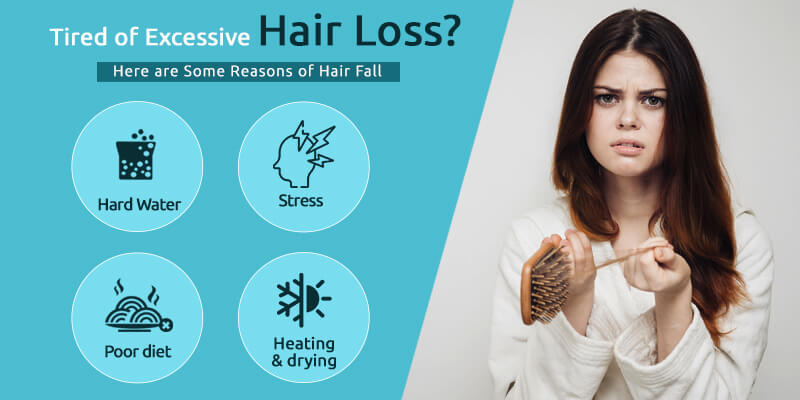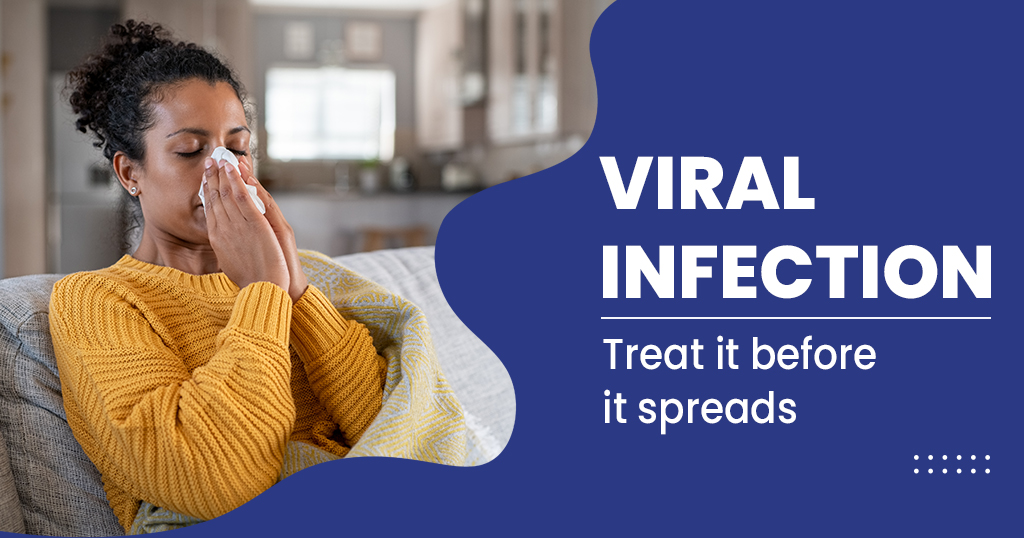MOOD SWINGS OR PRE MENSTRUAL SYNDROME
Premenstrual Syndrome (PMS) can bring about a range of physical and emotional symptoms that affect many menstruating individuals. While there's no one-size-fits-all solution, adopting a healthy and balanced diet can play a significant role in managing these symptoms and promoting overall well-being.
in this era every next girl is suffered from PMS .its a totaly hormone imbalance .
Cause of PMS:
Poor gut health .
Hormone imbalance.
Vitamin and mineral deficiency
Low serotonin.
Endocrine disrupting chemicals
Symptom of PMS :
Balanced Nutrition for PMS:
Complex Carbohydrates:
- Opt for whole grains like brown rice, quinoa, whole wheat bread, and oats.
- Complex carbs can help stabilize blood sugar levels and improve mood swings.
Lean Proteins:
- Include lean protein sources like poultry, fish, tofu, legumes, and low-fat dairy.
- Protein supports muscle health and helps maintain stable energy levels.
Healthy Fats:
- Incorporate sources of healthy fats, such as avocados, nuts, seeds, and olive oil.
- Omega-3 fatty acids found in fatty fish (salmon, mackerel) can help reduce inflammation and alleviate mood-related symptoms.
Fruits and Vegetables:
- Consume a variety of colorful fruits and vegetables for essential vitamins, minerals, and antioxidants.
- These foods contribute to overall well-being and may help reduce bloating.
Calcium-Rich Foods:
- Low-fat dairy products, fortified plant-based milk, leafy greens, and almonds are great sources of calcium.
- Calcium can help alleviate mood swings and reduce water retention.
Foods to Limit or Avoid:
Certain foods and substances can exacerbate PMS symptoms, so it's wise to limit or avoid them:
Caffeine and Sugary Foods:
- High caffeine intake and sugary foods can contribute to irritability and worsen mood swings.
- Reduce coffee, energy drinks, and excessive sugary treats.
Salty Foods:
- Excess sodium can lead to water retention and bloating.
- Minimize processed foods and opt for fresh, whole ingredients.
Alcohol:
- Alcohol can disrupt sleep and exacerbate mood-related symptoms.
- Limit alcohol intake, especially in the days leading up to your period.
Processed and Fried Foods:
- These foods are often high in unhealthy fats and additives.
- Choose whole, nutrient-dense options instead.
Hydration: Staying adequately hydrated is essential. Aim for at least 8 glasses of water per day to help alleviate bloating and support overall bodily functions.
Meal Timing: Eating smaller, balanced meals throughout the day can help stabilize blood sugar levels and prevent energy crashes.
PERIODS SELF CARE GUIDE :









.jpeg)

Comments
Post a Comment